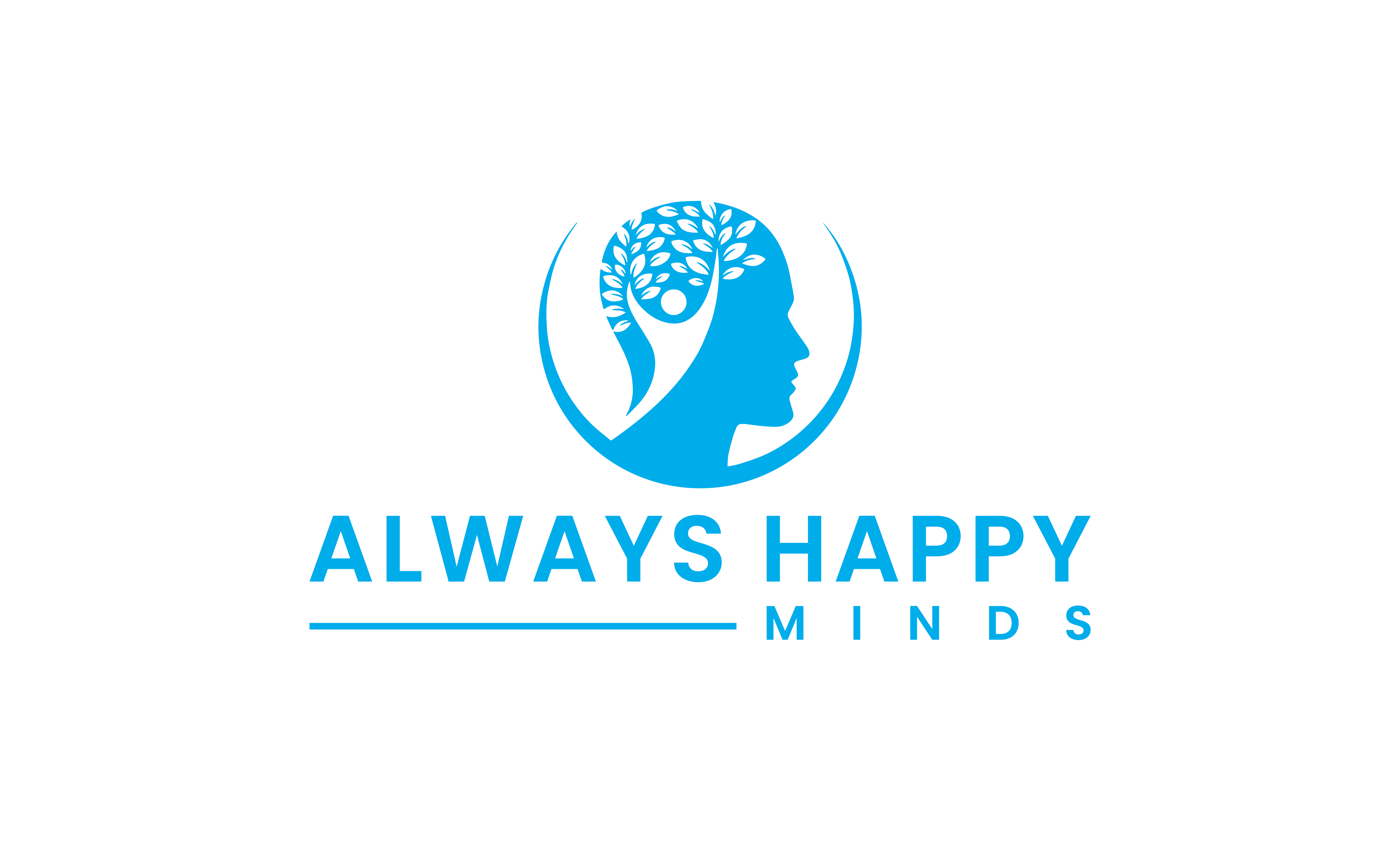In a world that often feels chaotic and overwhelming, finding ways to care for your mental well-being is essential. One of the simplest yet most effective tools you can use to nurture your mental health is journaling. This age-old practice of writing down your thoughts, feelings, and experiences has gained popularity as a powerful means of self-care. Journaling is more than just putting pen to paper; it’s a pathway to self-discovery, emotional regulation, and overall mental well-being. Let’s explore how journaling can profoundly impact your mental health and how to start your own journaling practice today.
1. Understanding Your Emotions
One of the most significant benefits of journaling is its ability to help you understand and process your emotions. Many people go through their day feeling overwhelmed by emotions without really understanding their source or meaning. Writing down your thoughts and feelings allows you to explore what you’re experiencing and why. By putting your emotions into words, you create a safe space to reflect on them without judgment.
For instance, if you’re feeling anxious or stressed, journaling can help you identify specific triggers or patterns contributing to these feelings. You might realize that certain situations or thoughts repeatedly cause distress, giving you valuable insight into how to address them. Over time, this self-awareness can lead to greater emotional intelligence and the ability to manage your feelings more effectively.
2. Reducing Stress and Anxiety
Journaling is often referred to as a “brain dump” because it allows you to release pent-up thoughts and emotions that may be contributing to stress and anxiety. When you write down your worries, fears, or negative thoughts, you effectively transfer them from your mind to paper, creating a sense of relief and clarity.
A study published in the “Journal of Experimental Psychology” found that expressive writing, such as journaling about stressful or traumatic events, can significantly reduce anxiety and improve overall psychological well-being. By writing down your concerns, you create a tangible way to confront and manage them, which can lead to reduced anxiety levels over time.
3. Enhancing Problem-Solving Skills
Journaling can also improve your problem-solving abilities. When you’re faced with a challenge or difficult situation, writing about it can help you see it from different perspectives. You may start by describing the problem, but as you continue writing, you may uncover new insights or solutions you hadn’t considered before.
This process is known as cognitive restructuring, a technique often used in cognitive-behavioral therapy (CBT). By journaling, you can challenge and reframe negative thoughts, helping you develop a more balanced and constructive mindset. This newfound clarity can make you more resilient when faced with life’s challenges and setbacks.
4. Cultivating Gratitude and Positivity
Incorporating gratitude into your journaling practice can significantly improve your mental health. A gratitude journal, where you regularly write down things you are thankful for, can shift your focus from what’s wrong in your life to what’s going right. This simple practice has been shown to increase happiness, reduce depressive symptoms, and foster a more positive outlook on life.
Research has shown that regularly expressing gratitude can lead to better sleep, improved mood, and stronger relationships. By acknowledging the positive aspects of your life, no matter how small, you can create a more optimistic and fulfilling mental state.
5. Boosting Self-Confidence and Self-Esteem
Journaling can also be a powerful tool for building self-confidence and self-esteem. When you write about your achievements, strengths, and the progress you’ve made, you reinforce positive self-talk and self-perception. Reflecting on your accomplishments, however minor they may seem, allows you to recognize your worth and capabilities.
In moments of doubt or low self-esteem, revisiting past journal entries can remind you of your strengths and resilience. This practice helps to build a solid foundation of self-acceptance and appreciation, which is essential for maintaining good mental health.
6. Improving Sleep Quality
Many people find it challenging to fall asleep at night due to racing thoughts or unresolved worries. Journaling before bed can help calm your mind by giving you a chance to process these thoughts and emotions. By writing down your concerns, you create a mental closure for the day, which can reduce the tendency to ruminate and make it easier to fall asleep.
A study published in the “Journal of Behavioral Sleep Medicine” found that people who engaged in a brief, structured writing exercise about their future plans before bedtime fell asleep faster and reported better sleep quality than those who did not. This simple practice can be an effective way to manage insomnia or other sleep-related issues.
7. Encouraging Mindfulness and Presence
Journaling encourages mindfulness by prompting you to be present with your thoughts and feelings. When you write, you focus on the moment, helping you stay grounded and connected to your inner self. This practice can serve as a form of meditation, allowing you to slow down, breathe deeply, and engage with your emotions without distraction.
Mindfulness journaling, where you write about your current feelings, thoughts, or sensory experiences, can help reduce symptoms of anxiety, depression, and other mental health challenges. It can also increase your ability to focus and concentrate, making it easier to navigate the demands of everyday life.
8. Providing a Safe Space for Self-Expression
For many, journaling serves as a private sanctuary where they can express their innermost thoughts and feelings without fear of judgment or criticism. This freedom of expression can be incredibly liberating, allowing you to explore your identity, values, and beliefs in a safe space.
Through journaling, you can confront difficult emotions, such as anger, sadness, or grief, that you might not feel comfortable sharing with others. Writing provides an outlet for these emotions, helping you process and release them in a healthy way. This practice can prevent emotional suppression, which is often linked to various mental health issues, including depression and anxiety.
9. Tracking Mental Health Progress
Journaling can also serve as a valuable tool for tracking your mental health progress over time. By regularly writing about your thoughts, feelings, and behaviors, you can identify patterns and triggers that may impact your mental well-being. This insight can help you develop more effective coping strategies and set realistic goals for your mental health journey.
Additionally, journaling can provide a record of your growth and progress. When you look back at past entries, you may notice positive changes in your mindset, emotional regulation, and overall well-being. This reflection can motivate you to continue your mental health journey and maintain healthy habits.
How to Start Journaling for Mental Health
If you’re new to journaling, here are some tips to help you get started:
- Choose a Medium: Decide whether you prefer writing in a physical notebook or using a digital platform, such as a journaling app or a word processor.
- Set a Regular Time: Find a time that works best for you, whether it’s in the morning, before bed, or during a lunch break. Consistency is key.
- Start Small: You don’t need to write pages of text. Start with a few sentences or bullet points to get comfortable with the process.
- Use Prompts: If you’re unsure what to write about, use prompts such as “What am I grateful for today?” or “What emotions am I experiencing right now?”
- Be Honest and Non-Judgmental: Write openly and honestly without judging yourself. Remember, this is your personal space.
Conclusion
Journaling is a powerful tool that can improve your mental health in many ways. From enhancing emotional understanding to reducing stress, fostering gratitude, and building self-confidence, the benefits of journaling are vast and varied. By making journaling a regular practice, you create a safe space for self-reflection and growth, helping you navigate life’s challenges with greater clarity and resilience. So, grab a notebook, find a quiet corner, and start writing your way to better mental health today.

